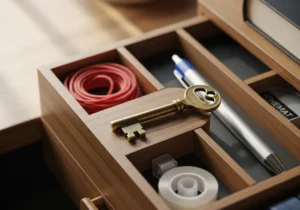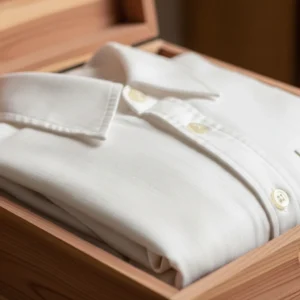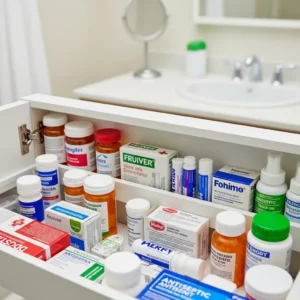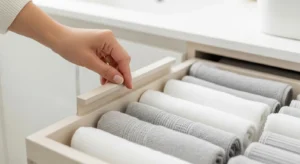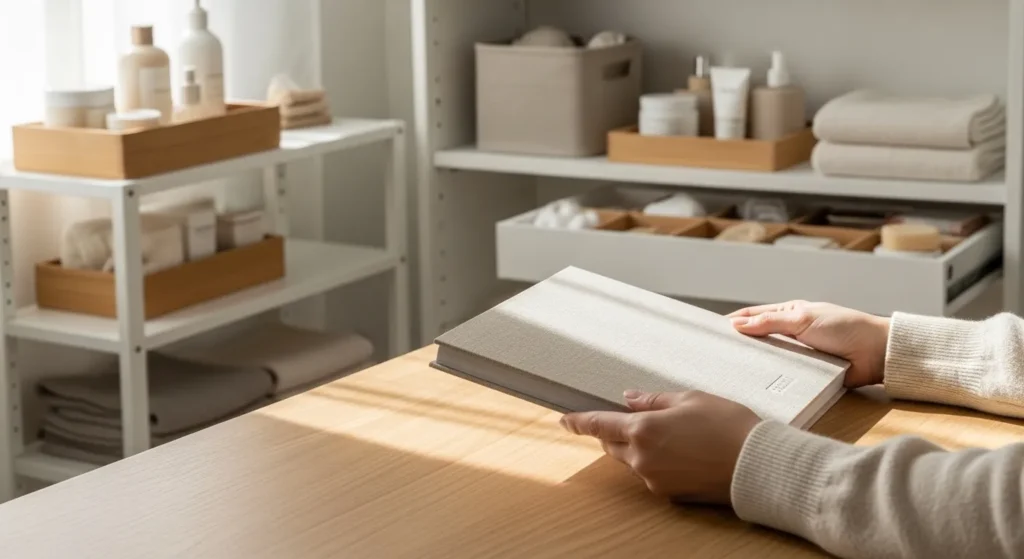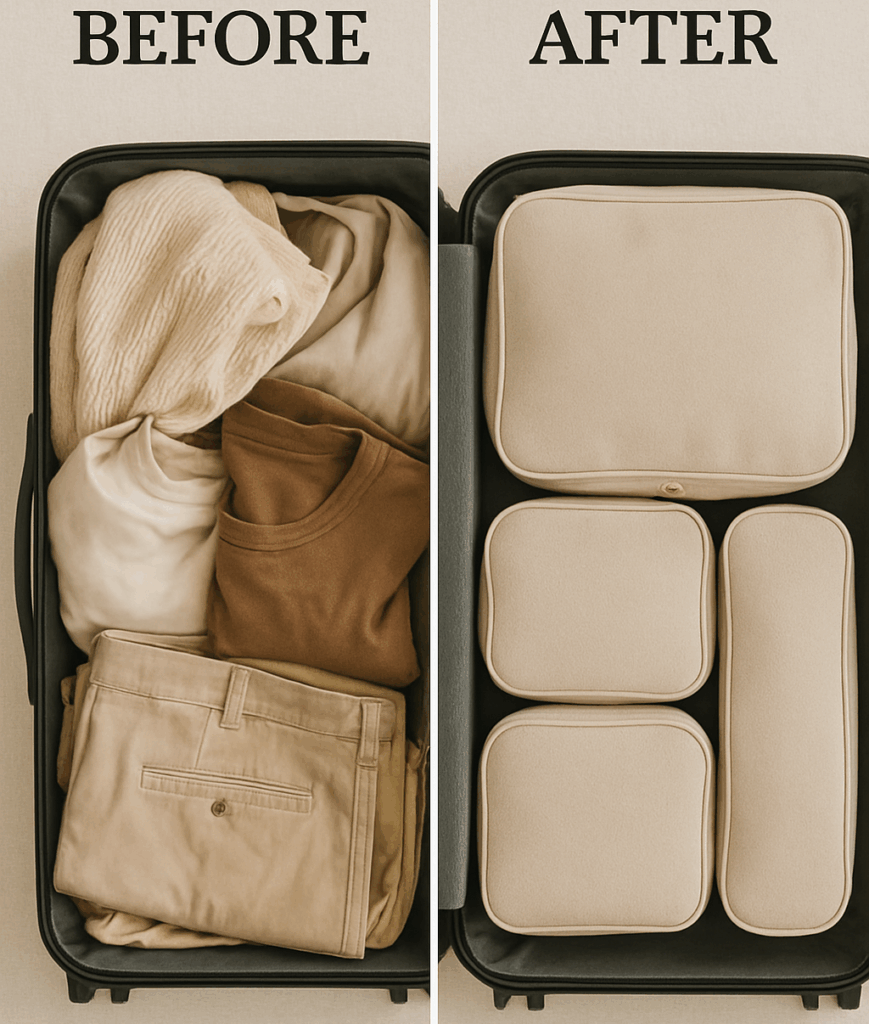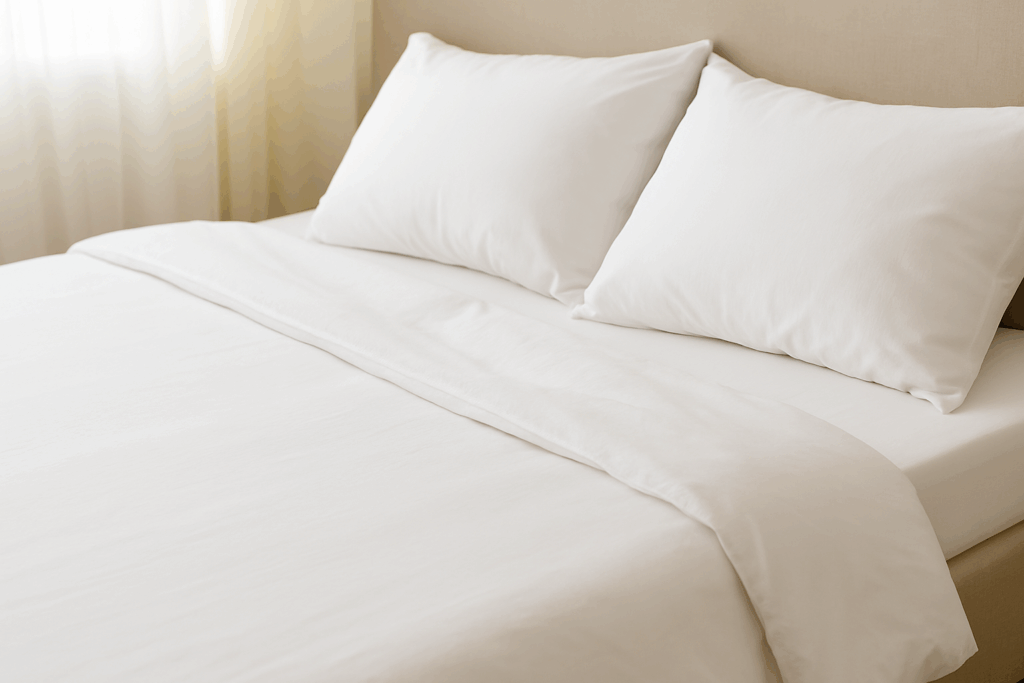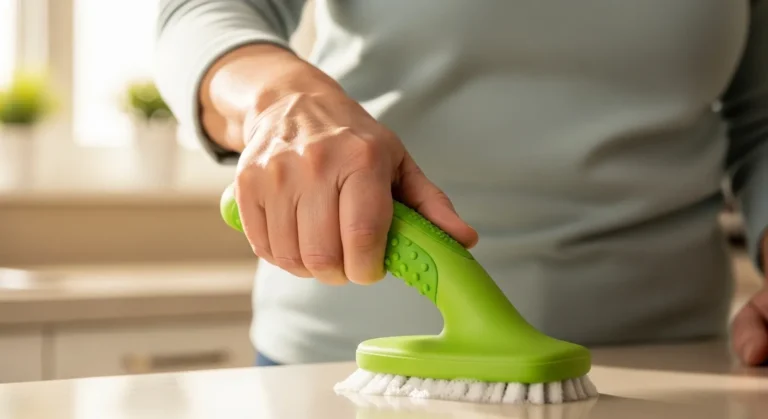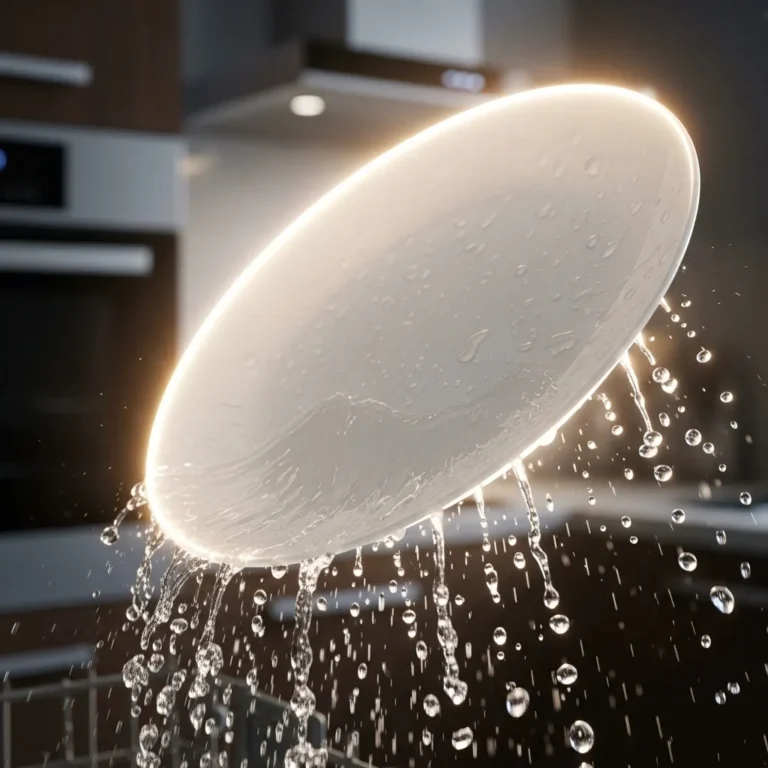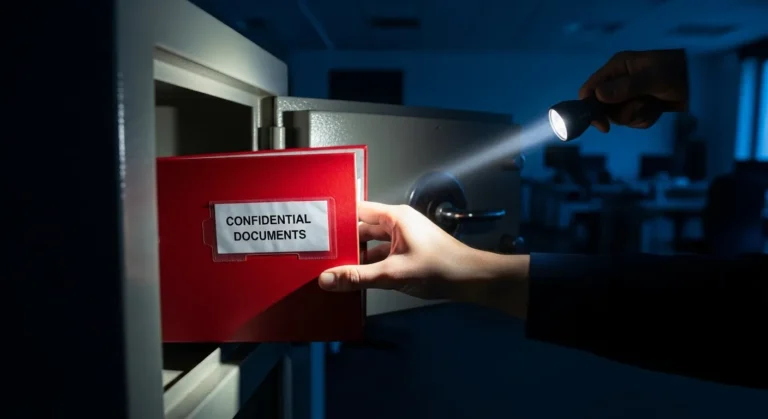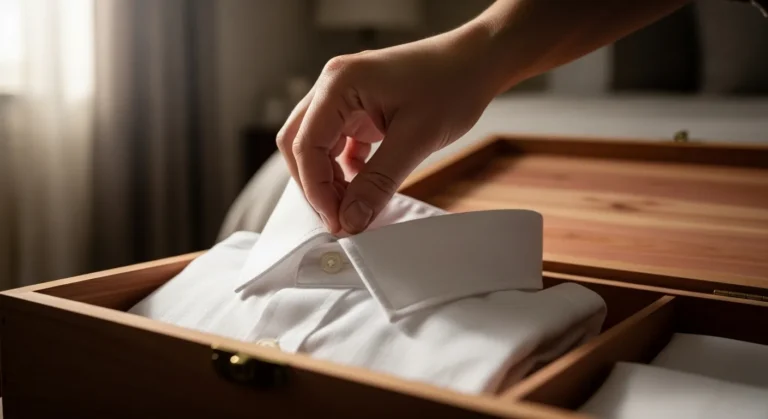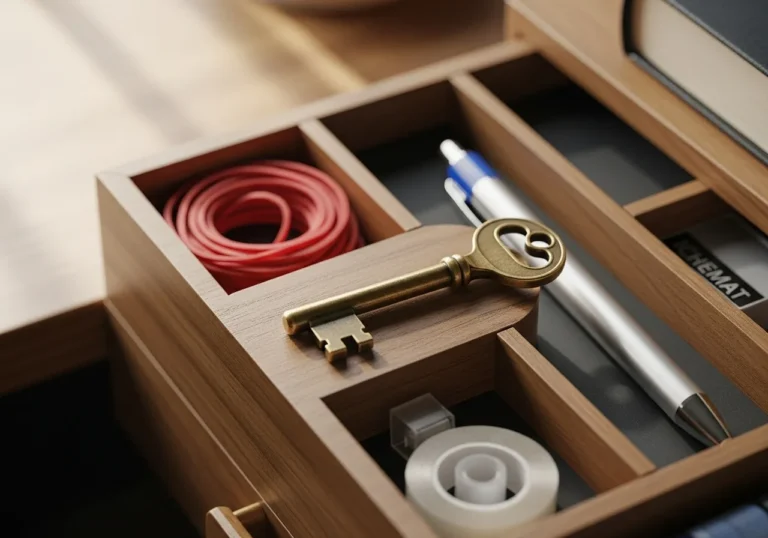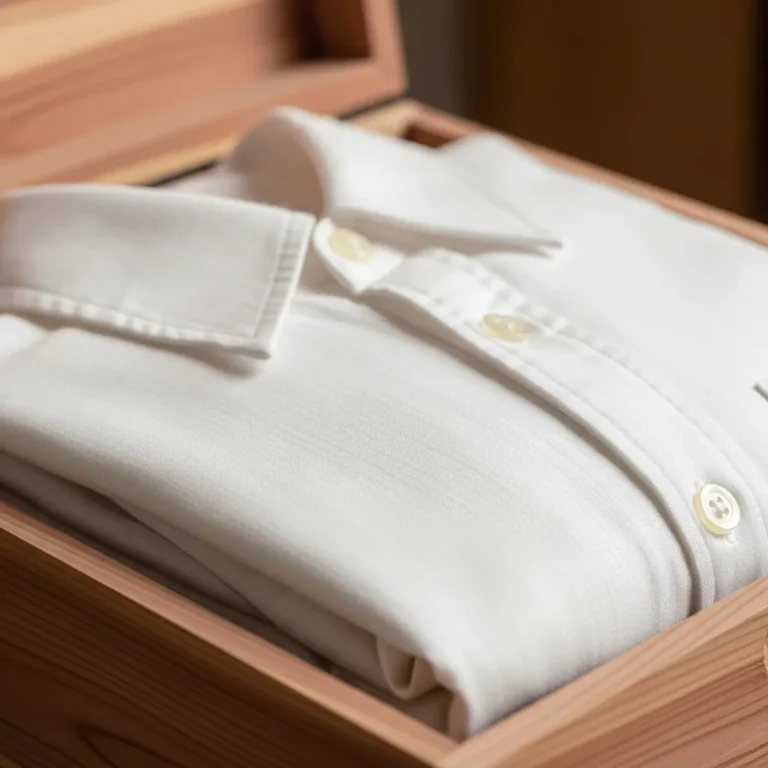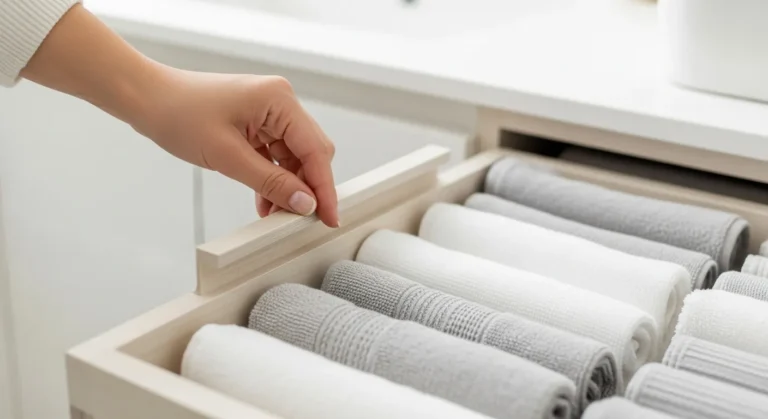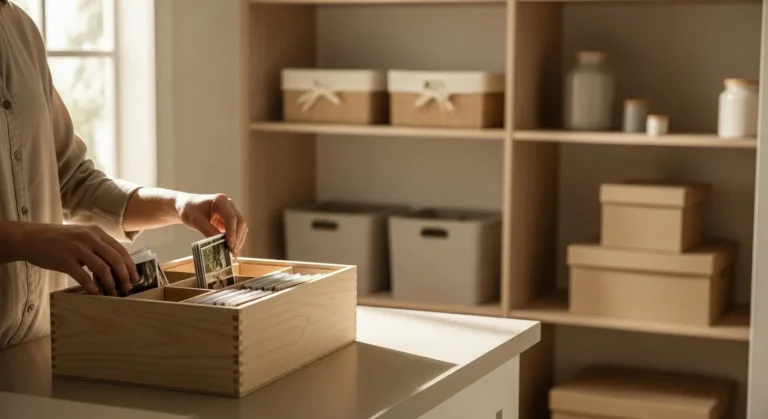After hiding in our homes throughout the winter, as soon as sunny weather sets in, it’s a great time to roll up those sleeves and put a bit of elbow grease into deep cleaning your home. While this can be a welcoming activity for some people, for those with allergies, it can be more of a necessary evil.
Cleaning stirs up all kinds of allergens such as dust, dust mites, mold spores, pollen, and even animal dander, which can also cause allergy symptoms to worsen. Well, if you experience that looming cleaning dread, we have a couple of tips for cleaning while also being mindful about your allergies.

First things first
You need to make sure you arrange all the needed cleaning tools and products to collect the dust, debris, pet hair, pollens, and any other allergens from nooks and crannies. Then, make sure you have prepared your HEPA filter vacuum machine, microfiber dusters and cloths, microfiber mops, disposable dust wipes, white vinegar, baking soda, protective masks and gloves, bucket, and water.
Don’t use any store-bought products, as the chemicals might trigger your allergic symptoms. Moreover, it’s worth mentioning that professionals use eco-friendly products while carrying out the end-of-lease cleaning in God Coast to ensure you are safe and sound through the process.
Clear the clutter
We have piles of clothes, magazines, and boxes. All is good in the neighborhood until they start collecting allergens, dust mites, and pollens. That’s why it’s advised to inspect all your rooms and de-clutter your house to make room for more space and tidiness.
Tossing expired or even broken items could help you reduce clutter. You can easily remove unwanted stuff by donating to the local charity on the Gold Coast. You also want to make sure you remove all the unnecessary stuff from the floors, like toys, dirty dishes, books, and magazines, before you even start the cleaning process. This will definitely save you a lot of cleaning time.
Regular dusting
You can’t really skip this activity, especially if you want to prevent the spread of allergens. You can wear a protective mask and grab a microfiber cloth if you want to fetch tiny dust particles and allergens from hard surfaces.
It’s also advised to start from the top of your room and potential areas. As deep dusting also requires a lot of time and energy, you can easily do it on the weekends. You should incorporate tasks like cleaning ceiling fans, light fixtures, and cabinet tops in your cleaning schedule.
Also, try to make sure you clean your patio furniture and wipe down the tables, chairs, high-touch areas, and any other important spots.
Vacuum minimum twice a week
Make sure you pay attention if you are allergic to dust and pollen, especially as you clean your carpets and rugs. Some dust particles and allergens are basically invisible, so much so that they pass through the regular vacuum cleaner.
It’s also good to invest in a vacuum cleaner that has a HEPA filter. On the other hand, HEPA-filtered vacuums can easily trap dust particles that might be embedded deep inside the fibers of your floor coverings and upholstery furniture. It’s also advised to vacuum twice a week, especially if you or someone in your family suffers from allergies.
Wash the bed sheets in hot water
Dust mites are insect-like pests that feed off of dead skin cells and also thrive in a warm environment. They can easily trigger your allergy and lead to serious issues such as asthma. So you need to make sure you properly clean those areas where dust mites prefer, like bedrooms.
You should wash your dirty bedsheets in hot water (minimum 130 °F). Also, wash bed linens, like quilts, duvets, and also pillow covers. Do it once a week to kill dust mites and other types of allergens.
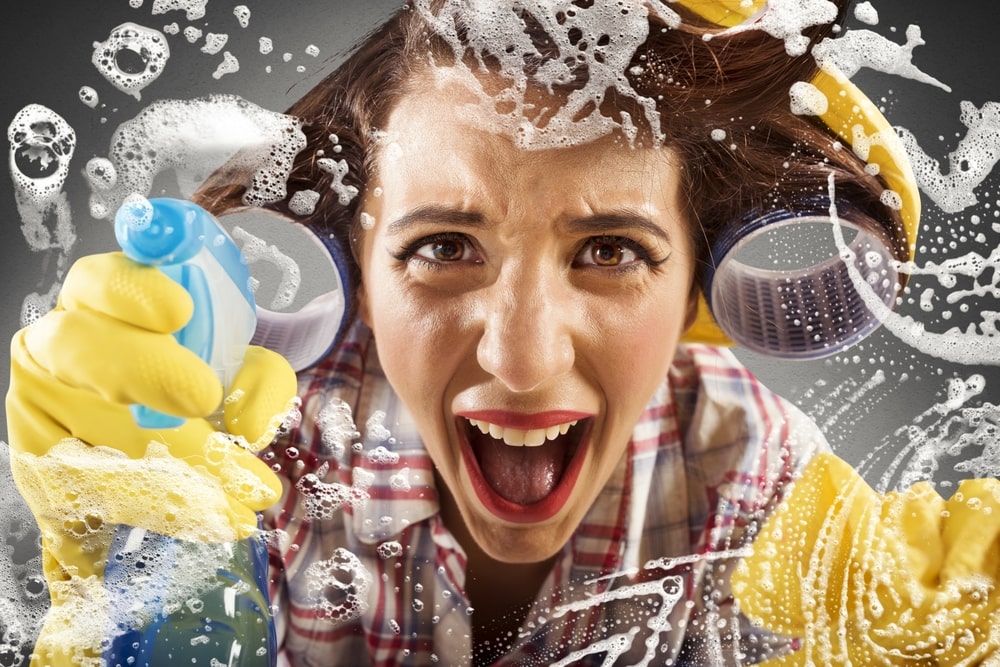
Avoid using scented cleaners
Do you suffer from allergies? If so, then scented cleaning products can easily trigger your symptoms. It’s also advised to buy fragrance-free products, especially if you want to “finish” stubborn stains, grime, and grease.
Deep clean your bathroom
Bathrooms harbor mold and mildew, which are the most dangerous allergens. Since they grow in a humid and dark environment, make sure you properly inspect every nook and cranny of your bathroom to treat the mold and mildew.
You can use DIY cleaning products to clean your entire home. Make sure you prepare that hydrogen peroxide, baking soda, and warm water solution to effectively remove black spores from potential areas, like bathroom tiles, shower doors, and even walls and floors.
To effectively prevent black spores, you can use an exhaust fan while taking showers and baths. Also, you want to check the shower head, sink, tub, and toilet fixtures for other leaks and repairs. Pro tip: we’d advise you to wear rubber gloves and open all the windows for proper ventilation.
Clean windows and blinds
Washing dirty windows and vacuuming the binds could easily prevent the spread of dust and allergens. You can use an old toothbrush and start the process by removing dust from the window sills, frames, and edges.
For stubborn stains, try to prepare a homemade cleaning solution by mixing white vinegar and warm soapy water. Apply it on dirty areas and run a squeegee to make sure you achieve the best and streak-free results.
Keep the dogs and cats groomed
Do you have a furry friend at home? Then you probably know that pet dander and hair can easily trigger your allergy symptoms. So it might be a good idea to keep your pet groomed regularly. Wash their toys, beds, and litter boxes using a proper set of tools.
Change the air filters
You can bring some small-particle filters in central cooking and heating systems. This can easily trap allergens from the indoor air and also circulate clean air. Don’t forget to change the air filters every 3 to 6 months.
Do homemade natural products really work?
Well, it’s undeniable that traditional cleaners can do wonders in removing tough stains and grime as fast and easily as possible. However, due to a high percentage of volatile organic compounds, people want a safe and effective alternative.
Of course, it goes without saying that natural cleaning products are extremely effective and can also help you get rid of anything, such as stains, splatters, grime, grease, bad odors, and germs if you know how to use them.
The only issue is that there are many DIY cleaning product recipes on the internet, and the majority of them don’t work. There are also many people who mix white vinegar with baking soda for more effectiveness, and the solution rapidly foams up with carbon dioxide gas, which doesn’t help remove the stains.
Why are DIY products trending lately?
Expensive cleaning products that are available on the local market might contain plenty of hazardous chemicals, like ammonia and other types of ingredients that you should definitely avoid. Many also contain volatile organic compounds that can trigger your asthma, allergic reactions, and even provoke headaches and even cancer.
That’s probably one of the reasons why more people consider using DIY products. They’re less toxic.
If you found this article useful, we also recommend checking: Everyone Makes These 6 Fridge Organizing Mistakes

